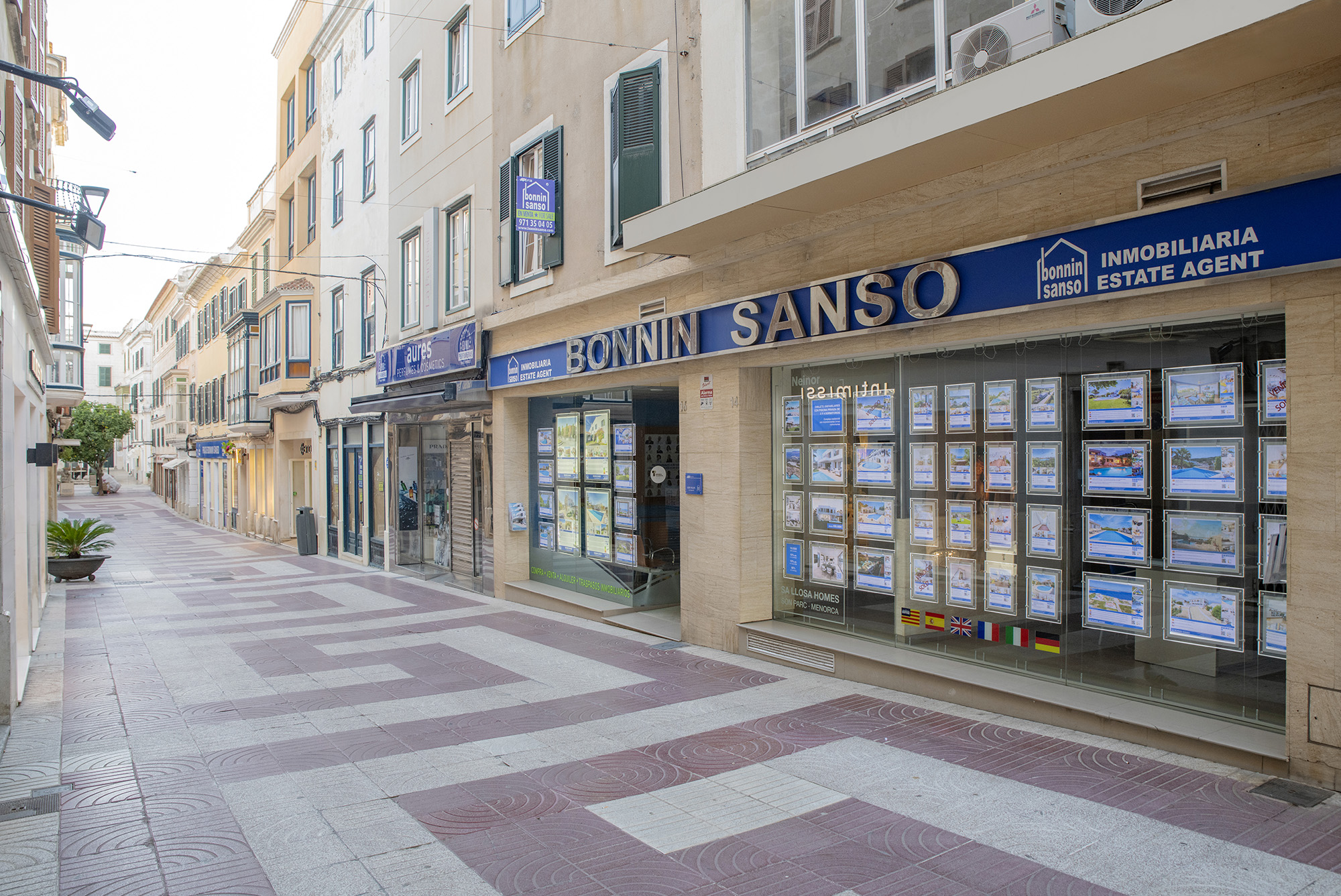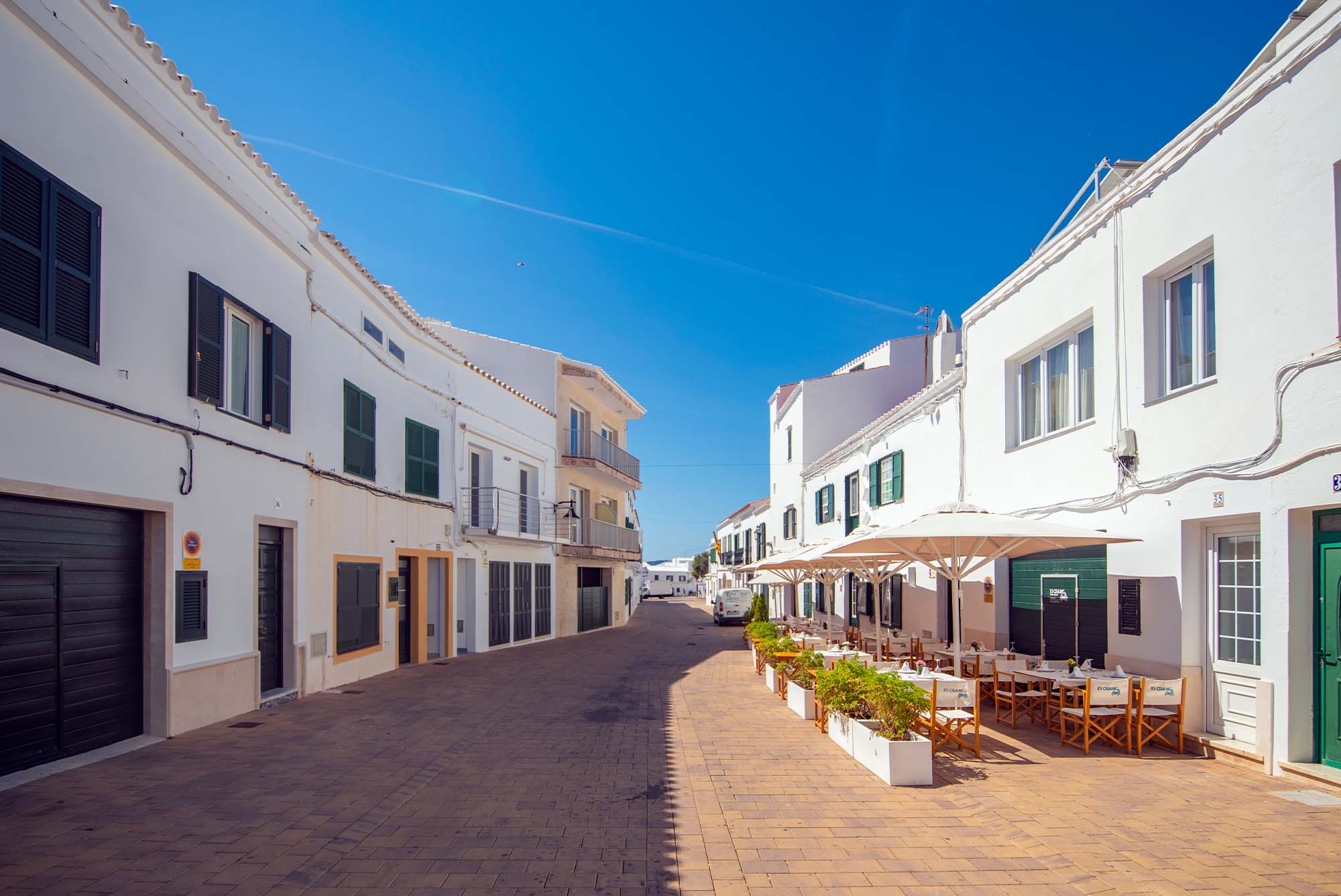Renowned for its natural beauty, enviable quality of life, and strong tourism appeal, Menorca is now facing an increasingly severe housing crisis—reflecting a broader national trend seen across many major cities. As 2025 unfolds, housing accessibility has become one of the primary concerns for both local residents and property investors.
A combination of rising demand, an extremely limited supply, a lack of new construction, and growing legislative uncertainty has created an unsustainable situation. The time has come for urgent and effective action.
Rising Demand and Constrained Supply
Interest in living in Menorca has grown exponentially. The island is no longer just a holiday destination, but a haven for those seeking quality of life, remote work opportunities, and a healthy environment. However, this surge in demand clashes with a critical issue: the lack of available housing.
New construction is minimal, and development is progressing at a desperately slow pace. While territorial protection has been crucial for the island’s sustainability, the lack of urban planning and legal certainty has created a bottleneck that severely limits access to housing. The result: soaring prices and shrinking opportunities.
Unaffordable prices and an overburdened rental market
For residents, purchasing a home has become an unattainable challenge. Prices have far exceeded the borrowing capacity of most families, with wages failing to keep pace with the same rate of growth.
Renting is also not a viable solution. The market offering has dropped dramatically, partly due to the legal uncertainty faced by property owners, while demand continues to rise. This has forced many Menorcans into precarious situations or even driven them to relocate to more affordable destinations
This is compounded by a shift in housing needs. The aging population, the rise in single-parent families, and the arrival of new residents require a tailored housing supply, which currently does not exist.
Legislative uncertainty and failed measures
One of the biggest obstacles in addressing this crisis is regulatory instability. In recent years, housing laws have been constantly changing, creating uncertainty for developers, property owners, and investors.
Restrictions on construction, market interventions, and a lack of clarity regarding holiday rentals have discouraged investment and worsened the problem. The response has been the opposite of what was expected: many properties have been withdrawn from the rental market, further reducing the supply.
The measures taken so far have been insufficient. The limitation on holiday rentals has had little real impact on the residential supply, and incentives for affordable housing have been minimal.
Challenges and Solutions for 2025
If we are to reverse the situation, it is essential to implement concrete and effective measures.
- Promote the development of new housing projects: There is a need for initiatives that strike a balance between sustainability and the genuine demand for housing.
- Clear and balanced regulation of short-term rentals: Tourism and residential leasing must coexist without policies that exacerbate housing shortages.
- Refurbishment of underutilised housing: A significant number of unused properties could be brought back onto the market with the right incentives.
- 4. Legislative stability and legal certainty: Without clear and predictable regulations, investment stalls. Timeframes must be shortened and legal uncertainty eliminated.
- Improved access to financing for young people and families: Without genuine access to home ownership, the exodus of residents will persist. Support measures must be immediate, effective, and free from bureaucratic obstacles.
- Encouragement of private investment: Private initiative—whether local, national or international—is essential to the island’s economy. Discouraging investment will only deepen the crisis.
2025: The Year of Change or the Continuation of the Problem
The housing problem in Menorca will not be solved through speeches or symbolic measures. Real and coordinated actions are required to balance supply and demand without compromising the island’s sustainability.
If decisive actions are not taken, the crisis will worsen, threatening the Menorcan way of life and its future. 2025 must be the year of change.








